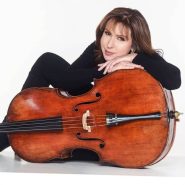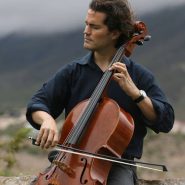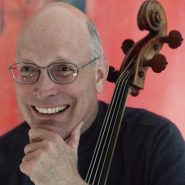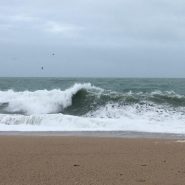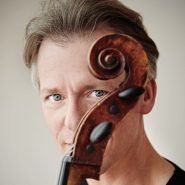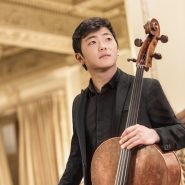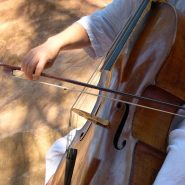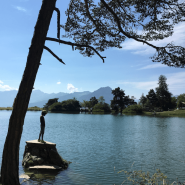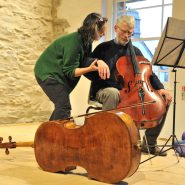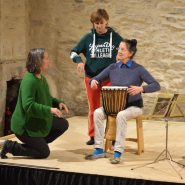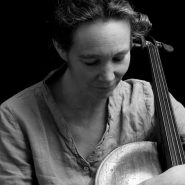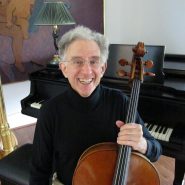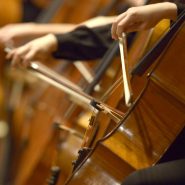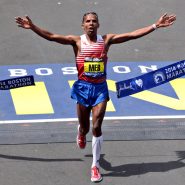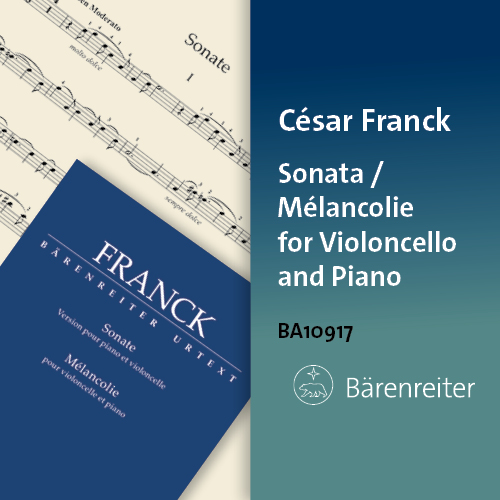Tag: Practice
By Tim Janof June 28, 2021
By Tim Janof April 5, 2021
Subjects Interviews
By Tim Janof September 16, 2020
By Ruth Phillips June 18, 2020
Subjects Playing Healthy
Tags breath, breathing free, Growth, inspiration, meditation, power, Practice, stage presence, wellness, yoga
By Shirli Nikolsburg April 15, 2020
Subjects Playing Healthy
Tags breath, breathing, meditation, Practice
By Tim Janof August 5, 2019
Subjects Interviews
By Blogmaster December 1, 2018
Subjects Interviews
By Ruth Phillips September 16, 2018
Subjects Playing Healthy
Tags bow, breath, breathing, inside-out, Practice
By Ruth Phillips September 15, 2018
Subjects Playing Healthy
Tags gravity, inspiration, patience, power, Practice, presence, stage presence, thought
By Ruth Phillips September 14, 2018
Subjects Artistic Vision
Tags gravity, inspiration, non-doing, power, Practice, stage presence
By Ruth Phillips September 13, 2018
Subjects Playing Healthy
Tags core, Growth, inspiration, power, power vs. strength, Practice, stage presence, tensegrity
By Ruth Phillips September 12, 2018
Subjects Playing Healthy
Tags breath, Growth, inspiration, power, Practice, stage presence
By Michael Haber September 1, 2017
Subjects Practicing
Tags Duport, Gallamian, intonation, Janos, Michael Haber, Piatti, Popper, Practice, scales, setting goals, Starker, Starker method, technical work, Technique, trills
By Blogmaster June 14, 2017
Subjects Practicing, Technique
Tags Coordination, Practice, Rhythm
By Jonathan Thomson February 25, 2015
Subjects Playing Healthy, Practicing
